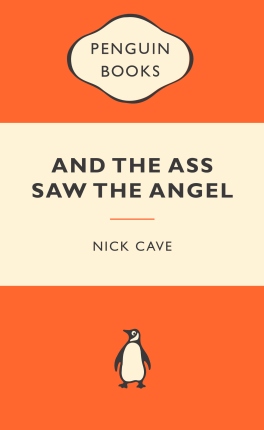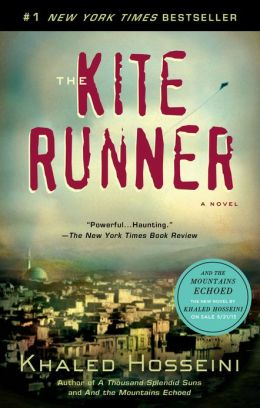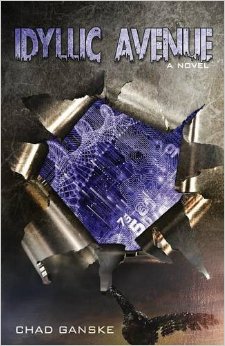What is there to do in the winter besides curl up and read? Not a lot. Reading doesn’t add any additional calories to our already bloated holiday bodies. It doesn’t harm our precious little brains with wifi signals or cause our eyes to glaze over like all the Oscar nominated movies like to do. It just is. And that’s good.
I really tried hard to like Nick Cave’s book, And the Ass Saw the Angel. I really frickin’ did. Nick Cave has this coolness about him where people feel like the need to like him and accept anything he creates. Or at least I feel that way.
The world that Cave brings to life is unlike any other that my mind has encountered. I tried to find reference when I was reading, wanting desperately to compare it to something familiar, but I couldn’t find a match. It was just too bizarre. The story begins with Euchrid Eucrow, a sad sack born to even sadder sacks of parents. Surrounded by inbred, bible thumping townsfolk, Euchrid is left alienated and survives as best he can. A mixture of visions, wild animals, and prostitutes turn his world upside down and ends up giving him purpose.
I spent most of my time trying to make sense of what I was reading. I was slightly disturbed, but mostly confused. I do have to commend Cave on his writing–beautifully crafted and descriptive. Barely comprehensible southern accents dotted the pages which was entertaining, but didn’t do anything to aid my understanding of the novel.
After that I read Khaled Hosseini’s The Kite Runner. You don’t even have to say it. I know. How has it taken me this long to read The Kite Runner? For some reason I just ignored it’s huge success and read other things. Granted, I believe I was in college when it was at the height of it’s popularity. I wasn’t much of a reader during college, what with having to study and write papers at 4am. But now I’m making up for lost time. 
For those of you who haven’t read this glorious work, Hosseini’s novel takes place in Afghanistan in the 1970’s. The protagonist, Amir grows up in a wealthy home with his father and hazara (servant) and their hazara’s son who also serves as a playmate for Amir. Desperately longing for his father’s approval, Amir demolishes anyone and anything that would deter the love he would receive from the man he looks up to. Through severe twists of fate, Amir is dealt a harsh hand that forces him to choose between his father and friendship.
I ate this book up and wanted more afterwards. It was so heartbreaking and emotional. I was so involved with Amir’s life journey and choices. Feeling bad for him one moment and hating him the next. Hosseini has a way with words where he makes the reader do as little work as possible. He lays it all out in a beautiful way and in turn, you’re left with a vivid picture to soak up. I’ve forced most of my family and friends to pick this up if they haven’t already.
Most recently, I read a book that would normally be outside of my comfort zone. A science fiction novel written by new author, Chad Ganske. I’m always a bit nervous before delving into new worlds that I may or may not understand. However, there is no reason to be scared of Idyllic Avenue. 
Set on the Utopian planet, Ultim, mutant Stanford Samuels is trying to persevere as best he can. The only way he and his arranged wife, Sarah, can guarantee their safety and ultimately continue living is if they procreate a perfect child to aid the re-population of a sustainable bio-dome. With the help of robot aids, genetically defectless allies, and a mutant army, Stanford has to take a stand against everything he has ever known.
Idyllic Avenue is a great intro into what the world knows as classic sci-fi. There are definitely similar elements of other Utopian societies such as Winston’s watched-over world in Orwell’s 1984, and also parts of Lowry’s inescapable, role-dependent dome in The Giver. The mutant vs. perfect element reminded me of a science fiction book that I recently reviewed, Mistborn by Brandon Sanderson. That being said, Ganske’s novel is very much it’s own story and quite unique. His character, Stanford is relatable and realistic in his thought process and relationships with those around him. The setting of the novel seems intimidating, but it’s really no more complex than the previously mentioned books. To write a book comparable to some of the greats is quite a feat. If you are interested in a concise, well-written novel, I would suggest this read.
Have you read anything of worth lately?